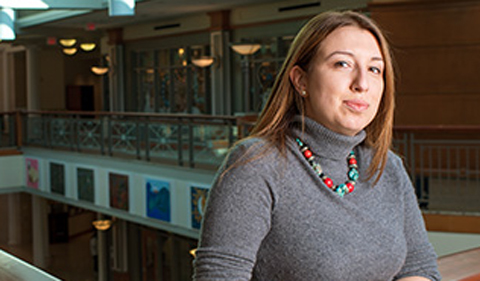Dr. Nukhet Sandal, Associate Professor of Political Science and Director of Global Studies, authored an April 10 Washington Post column headlined “20 years after the Good Friday Agreement, few people recognize how Northern Ireland’s religious leaders helped bring peace.”
Today marks the 20th anniversary of the Good Friday Agreement, the deal that brought an end to a 30-year bloody conflict in Northern Ireland, known as “The Troubles,” in which more than 3,000 people lost their lives. The agreement created a power-sharing assembly, hoping that would stabilize a divided society.
But for most people in Northern Ireland, the anniversary is cause more for concern than celebration. Right now, Northern Ireland has no functioning executive body. The Nationalists (predominantly Catholics) and the Unionists (predominantly Protestants) who fought during those years still live in separate and highly segregated communities. As Brexit looms, some fear that conflict might return….
Could religious leaders have done more to help bring peace and reconcile the two sides? I have met many scholars and policymakers who feel that they should have. Perhaps. And yet they did a great deal more than is generally understood. Last year I published a book based on interviews and archival research, showing that the leaders of the four main churches involved — the Presbyterian Church, Church of Ireland (Anglican), Methodist Church and Roman Catholic Church — did indeed work hard to bring peace to Northern Ireland, even when their institutions didn’t fully support those efforts.
Here are five ways Northern Irish religious leaders helped peacebuilding efforts during the Troubles.


















Comments